Discarding old notions, tourists are setting new standards for themselves regarding age, gender and personal identity, thereby opening up new directions for the world tourism industry.
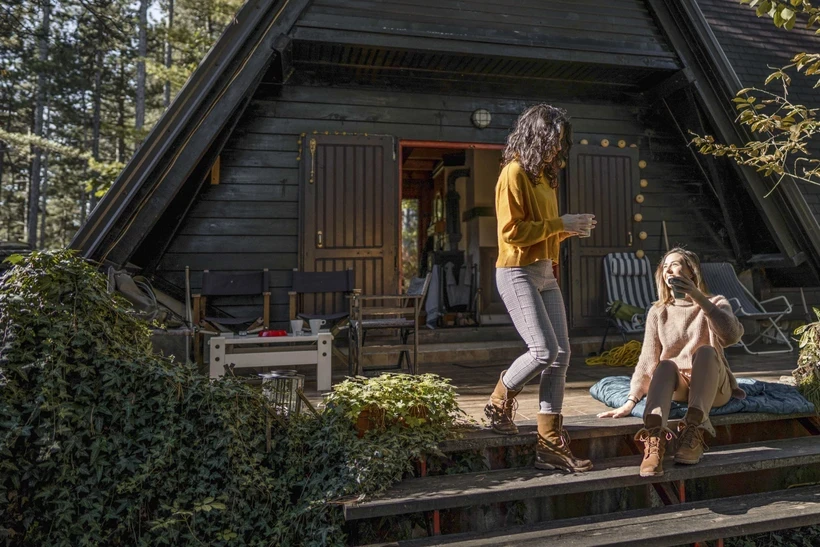
In 2025, travelers will increasingly seek deeper and more meaningful connections with themselves, the communities they visit, and the destinations they explore. Travel is no longer just an opportunity to transform themselves, but to shape their lives and connect with the world around them.
“ This trend is driven by a desire to embrace new experiences, from nocturnal adventures to connect with nature, exploring wellness resorts with the key to ‘longevity , ’ to using AI to create more meaningful and authentic trips. All are aimed at breaking down traditional travel norms to build deeper connections ,” Booking.com Country Manager in Vietnam, Mr. Varun Grover, shared.
Online platform Booking.com's annual Travel Trend Forecast report shows that instead of simply relaxing, many Vietnamese travelers are looking to redefine the way they experience and connect with the world around them.
Night travel
2025 will be the year when experiences of exploring the universe and the stars will take over. The trend of “Noctourism” refers to trips with the purpose of exploring the magical beauty of the night. As space tourism becomes more feasible, Vietnamese tourists will focus on connecting with the sky through more accessible astronomical activities in the coming year.
Temporarily forgetting the hustle and bustle of the day to immerse themselves in the magical night sky, 74% of Vietnamese tourists want to visit destinations suitable for night activities, of which, 85% of respondents said they want to experience “star bathing,” 74% want to be guided about the stars, 70% want to witness once-in-a-millennium astronomical events, and 70% are excited about discovering and tracking the paths of constellations.
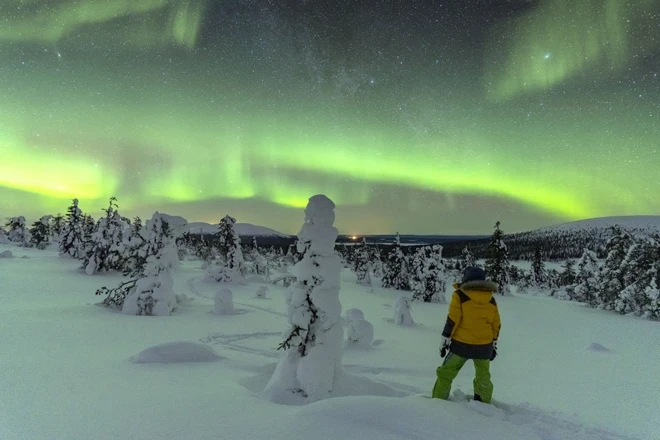
Concerns about climate change also influence this trend. Accordingly, 81% of Vietnamese tourists prioritize choosing destinations with cool climates; 75% said they prioritize arranging activities for the evening and early morning when the sunlight is weakest.
Additionally, 76% said they want to limit their time in direct sunlight to protect themselves from UV rays. Enjoying the nightlife also increases the connection between tourists and nature, as 72% of Vietnamese tourists prioritize choosing accommodation that limits light pollution to help protect the environment.
Multi-generational travel
Nowadays, instead of saving money, families are using their “inheritance money” to enjoy life with their family members. 44% of Vietnamese travelers said they would be willing to spend money on a memorable trip in 2025 instead of keeping the money as part of their inheritance later – this trend is especially strong among Baby Boomers (37%) - those born between 1946 and 1964.
However, by 2025, this trend will have changed to a more open and positive one. Older generations will be willing to pay for memorable family experiences and help the younger generation overcome the cost of living crisis by helping to pay for vacations.
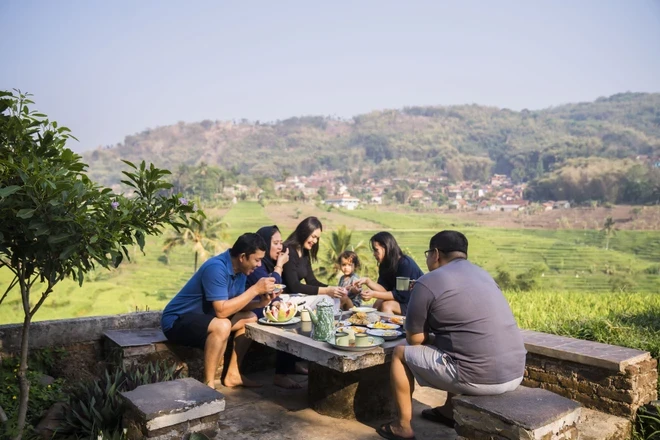
This way, family members can travel together and create new and memorable memories, instead of simply saving money in the bank for their children later on. Data shows that 74% of Vietnamese tourists admit that their parents have supported them to pay for all or part of their vacations even when they are adults, and 88% of Baby Boomer tourists share that they are happy to help their children financially for their next trip.
Second-hand shopping tourism
Holiday clothing choices will change dramatically in 2025, as trendy travelers become second-hand “hunters” – always ready to “hunt” for vintage shops during their trips, aiming for sustainability.
73% of Vietnamese travelers said they are more interested in buying clothes for their vacations than before, with 76% of them being Gen Z travelers. 53% of travelers said they would visit second-hand stores while on vacation. Surprisingly, 82% of travelers have bought vintage or second-hand items while traveling abroad.
Not only reflecting changes in fashion style, this trend shows that travelers are becoming more sophisticated and wise in both saving costs and being conscious of protecting the environment, with 65% of travelers planning to spend more economically on their trips and 83% tightening their spending to optimize their travel experience.
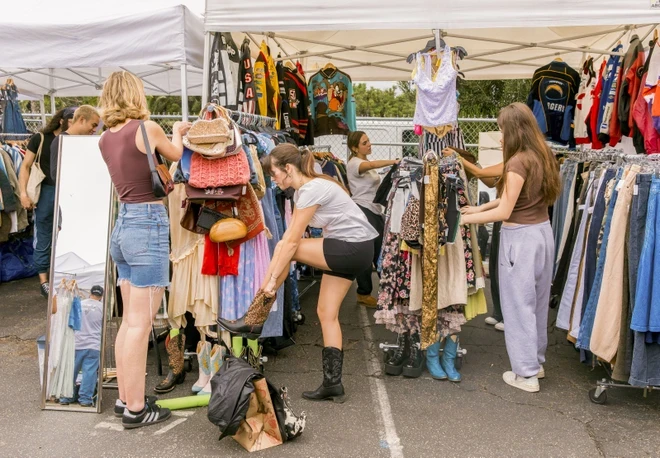
As a result, finding bargains in second-hand stores has become an important part of the travel itinerary. In contrast to fast fashion and consumerism, 45% of travelers say they often find better quality items in vintage stores abroad. Meanwhile, 44% say they buy vintage items when traveling because they are more affordable.
The experience of “hunting” for second-hand goods is not simply about shopping anymore, it is also a way for tourists to bring back cultural imprints of their destination in a way that is both cost-effective and environmentally friendly. Instead of refrigerator magnets, now vintage items are the souvenir choice of tourists.
Boyz II Zen: A Vacation for Men
As social awareness of men’s mental health grows, “men-only getaways” focused on fitness and self-development are predicted to become more popular in 2025. The majority (75%) of those surveyed said they would support at least one male acquaintance going on a men-only trip.
In terms of purpose, most male travelers want to travel to escape the pressures of everyday life (49%), rest and recuperate (58%), participate in mental health activities (48%) and develop themselves (46%).
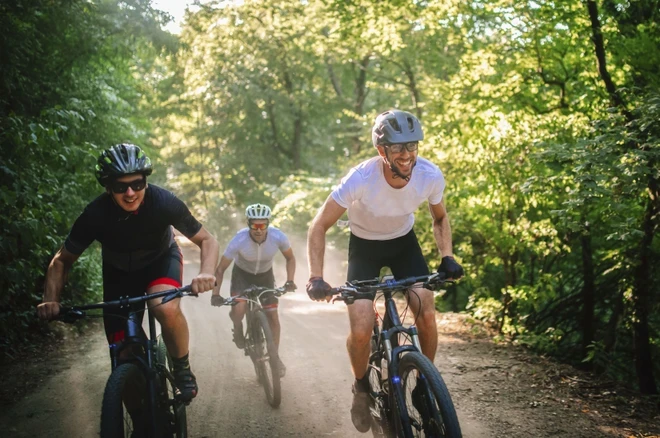
Building new and old friendships is highly valued, with 34% looking to improve their relationship-building skills with friends and family; 27% want to make new friends and 14% are considering a men-only trip to feel less lonely.
Notably, it was women who convinced their acquaintances to join these trips, including 56% supporting their spouses, 46% supporting friends, and 28% supporting their fathers and brothers to prioritize self-care.
AI-powered schedule design
New technologies have been used to help travelers find experiences that fit their needs. However, by 2025, we will see more technological innovations being used to support more responsible travelers, contributing to the long-term development of destinations.
83% of Vietnamese travelers plan to use technology to make informed decisions and have more authentic experiences. This not only shows respect for the place they visit but also contributes to the development of that destination.
AI tools like Booking.com’s AI Trip Planner will play an important role in trip planning, as 59% of Vietnamese travelers are interested in using AI to plan their travel itineraries, helping them connect more closely with local people and communities.
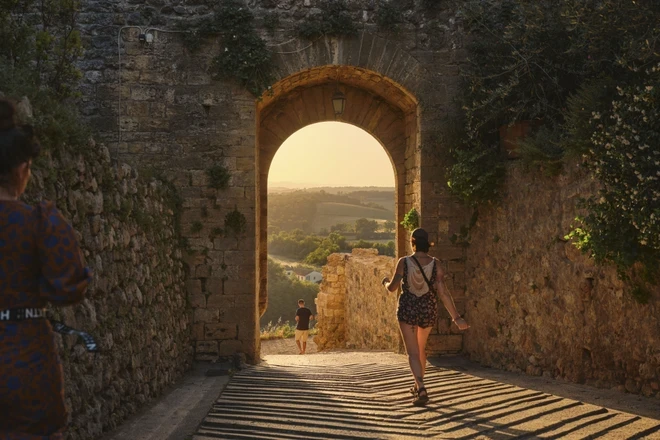
Vietnamese travelers will also use technology with a greater sense of responsibility. 27% of travelers said they would not tag locations on social media to protect lesser-known destinations and avoid the wave of “check-ins”. However, 50% of Gen Z travelers and 52% of Millennials said they would consider visiting a place if they were not tagged.
For these travelers, technology will play a key role in helping them find alternative destinations and reduce overcrowding in popular locations. 79% said they use technology to find new, less-known destinations, and 33% have started using AI apps with real-time updates.
Airport travel
Gone are the days when travelers wanted to arrive at the airport just in time to avoid the stress of crowded waiting rooms after security checks. Now, travel enthusiasts will plan their 2025 travel differently and welcome a new era of entertainment at airports.
In the coming year, travelers will actively seek out destinations with the best airports. 51% of Vietnamese travelers surveyed expressed a desire to travel to a destination to explore and visit the airport, while 79% were curious about airports with unique amenities.
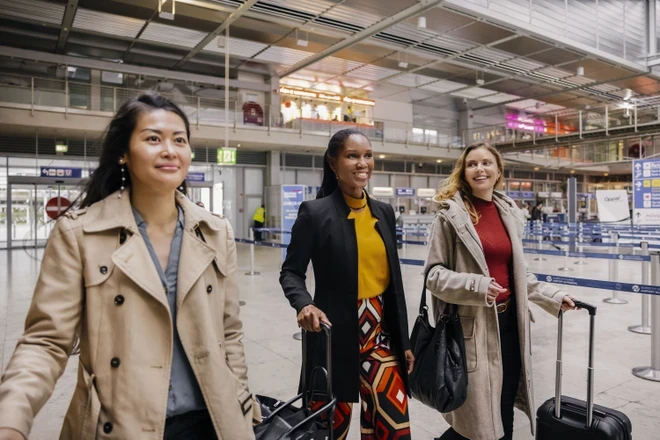
Millennials and Gen Z will consider their destination based on the airport experience. They also pay particular attention to amenities like sleep pods (29% of Millennials, 31% of Gen Z), spas (40% of both Millennials and Gen Z), and a list of Michelin-starred restaurants (30% of Millennials, 27% of Gen Z).
Holidays now start before travellers even step foot on a plane, with 83% of travellers saying their travel experience would be more enjoyable and relaxing if there were more services and amenities at the airport.
Travel prolongs life
In 2025, holistic wellness will no longer be limited to yoga mats and refreshing smoothies. Driven by a desire to lead a healthier lifestyle, 77% of Vietnamese travelers are interested in vacations that support longevity – a form of relaxation that goes beyond traditional wellness travel itineraries.
During these retreats, temporary solutions are being replaced by solutions that enhance health and prolong life. Intensive recovery methods are a top priority, from whole body vibration (72%), stem cell therapy (72%), red light therapy (67%) to cryotherapy (69%).
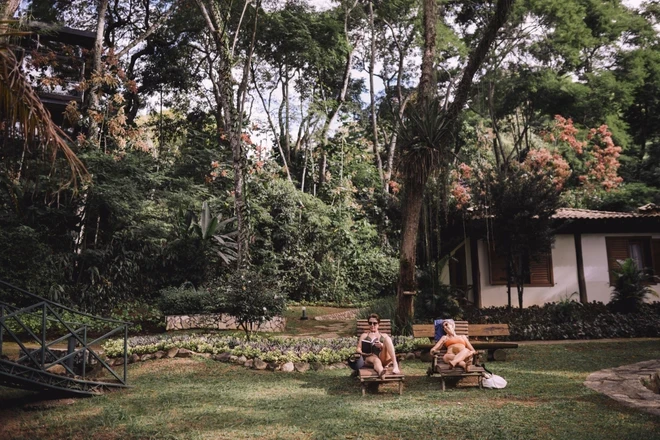
In addition, 84% of travelers surveyed revealed that they are looking for new wellness activities to incorporate into their daily lives that will help them reconnect with a more balanced version of themselves, including learning how to drink coffee on time (65%) or using intravenous therapy (52%). With 69% of Vietnamese travelers saying they would be willing to spend money on a vacation just to prolong their life and improve their health, 2025 is predicted to mark the beginning of their journey to longevity.
Neurodiversity Experience
Travelers who think and process information differently will pay more attention to their specific needs. 56% of Vietnamese travelers in this group shared that they had less positive experiences when traveling, while 54% believed that they had fewer options when traveling simply because they belong to this special group of travelers.
Travelers expect technology to be a powerful assistant during their trips, helping to reduce anxiety for themselves or their companions. 77% of Vietnamese travelers are very interested in AI tools that can provide the latest travel information, update flight delays and delays, and suggest quieter, less crowded areas at airports and hotels.
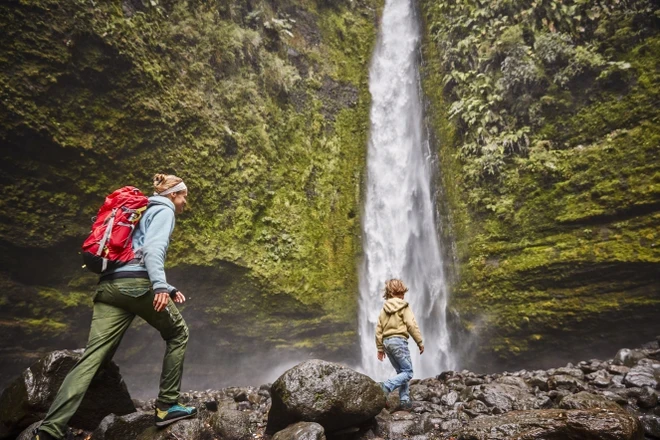
66% look for sensory rooms in airports, hotels and other locations, while 78% want more “noise-proofing” solutions throughout the travel experience.
In fact, the needs of neurodiverse travelers are quite clear in 2025, with 78% wanting industry-wide solutions that meet their unique needs.
Ageless Adventures
In 2025, Baby Boomers are rewriting the definition of travel for their age. They are ready to step out of their comfort zone and live life to the fullest with a sense of adventure once again. 50% of respondents are interested in extreme activities like horseback riding and 67% want to unleash themselves to join in the vibrant party.
They are not afraid to push themselves to the limit to pursue daring experiences such as sandboarding (31%), skydiving (24%), scuba diving and caving (12%), camping in Antarctica (17%) or even snowboarding down a volcano (12%). This shows that age is no longer a barrier to adventure, these pioneers are redefining what it means to travel in their later years./.

Source




![[Photo] Moment of love: Myanmar people are moved to thank Vietnamese soldiers](https://vstatic.vietnam.vn/vietnam/resource/IMAGE/2025/4/3/9b2e07196eb14aa5aacb1bc9e067ae6f)
![[Photo] Special relics at the Vietnam Military History Museum associated with the heroic April 30th](https://vstatic.vietnam.vn/vietnam/resource/IMAGE/2025/4/3/a49d65b17b804e398de42bc2caba8368)

![[Photo] General Secretary To Lam receives Japanese Ambassador to Vietnam Ito Naoki](https://vstatic.vietnam.vn/vietnam/resource/IMAGE/2025/4/3/3a5d233bc09d4928ac9bfed97674be98)




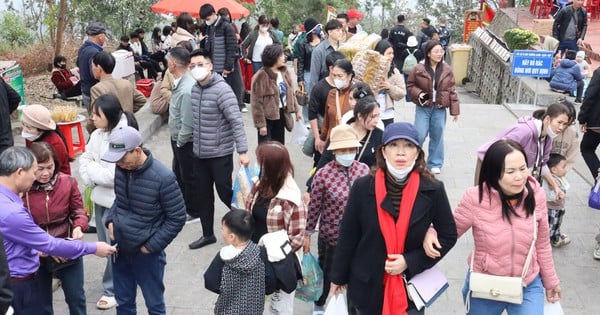



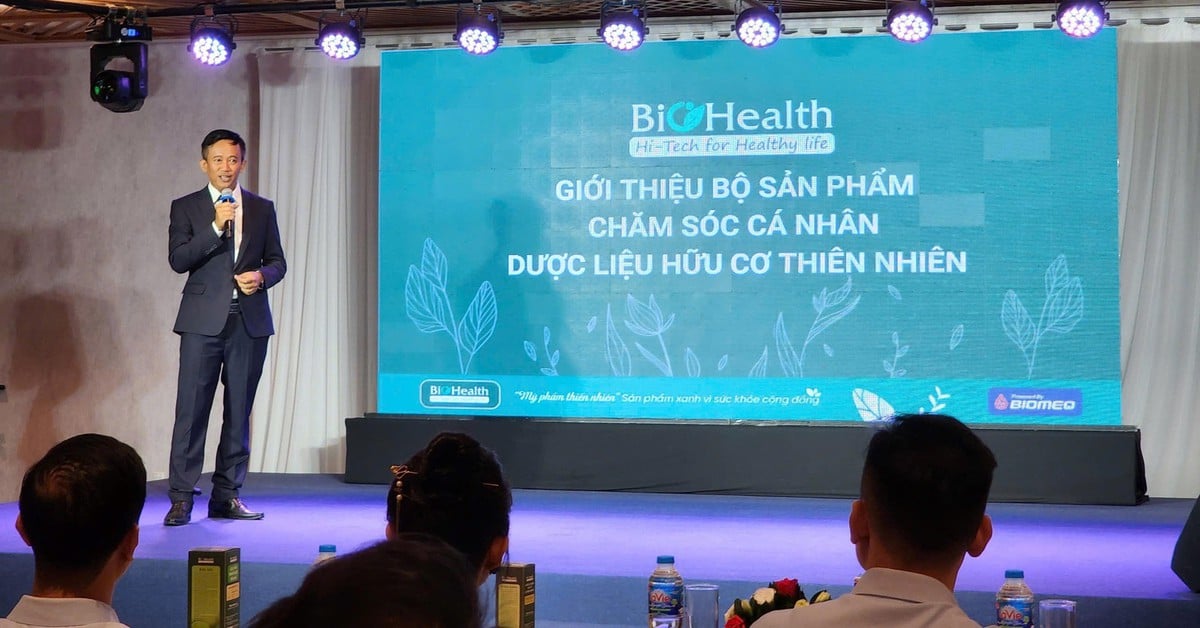

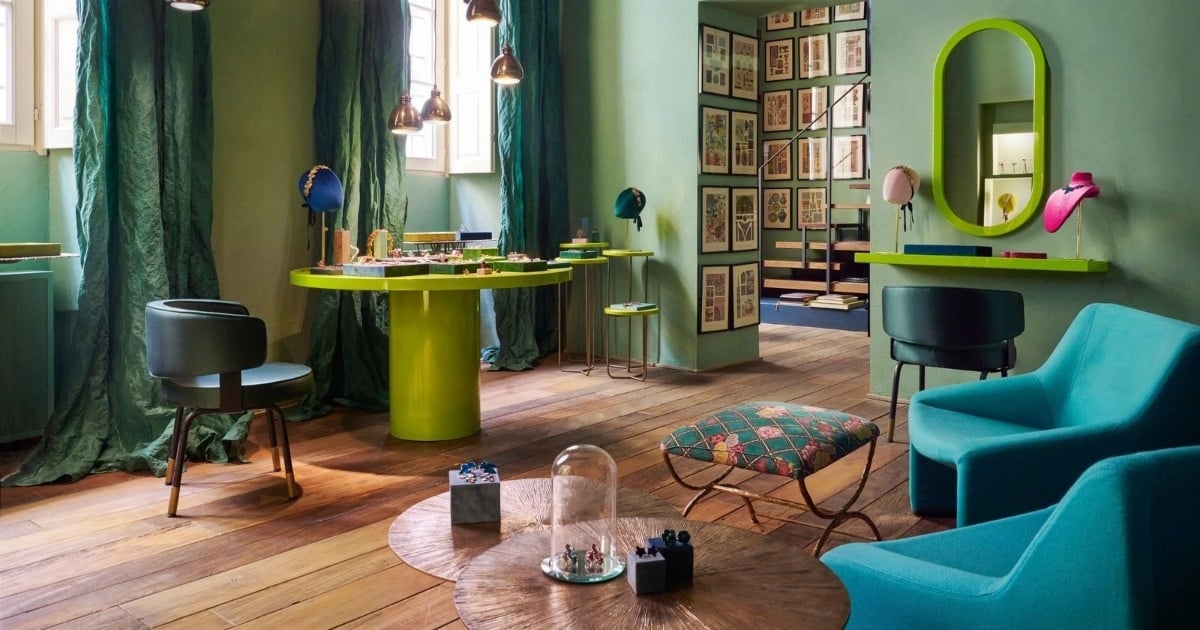

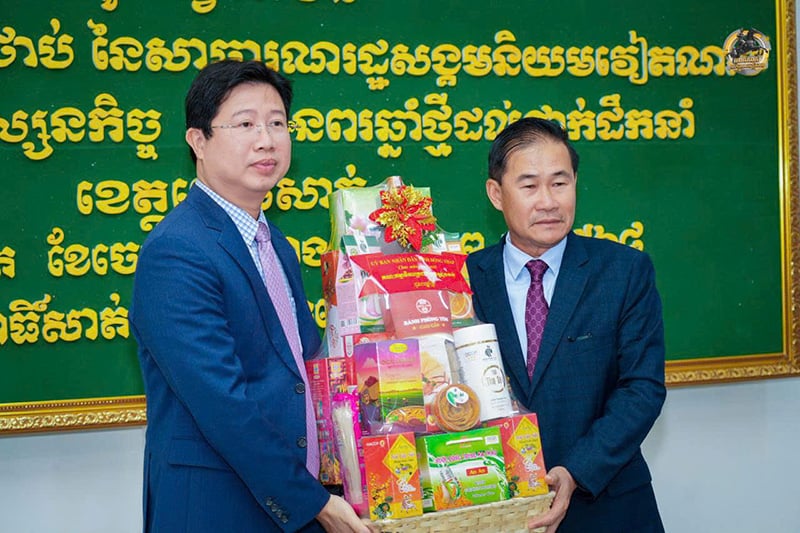
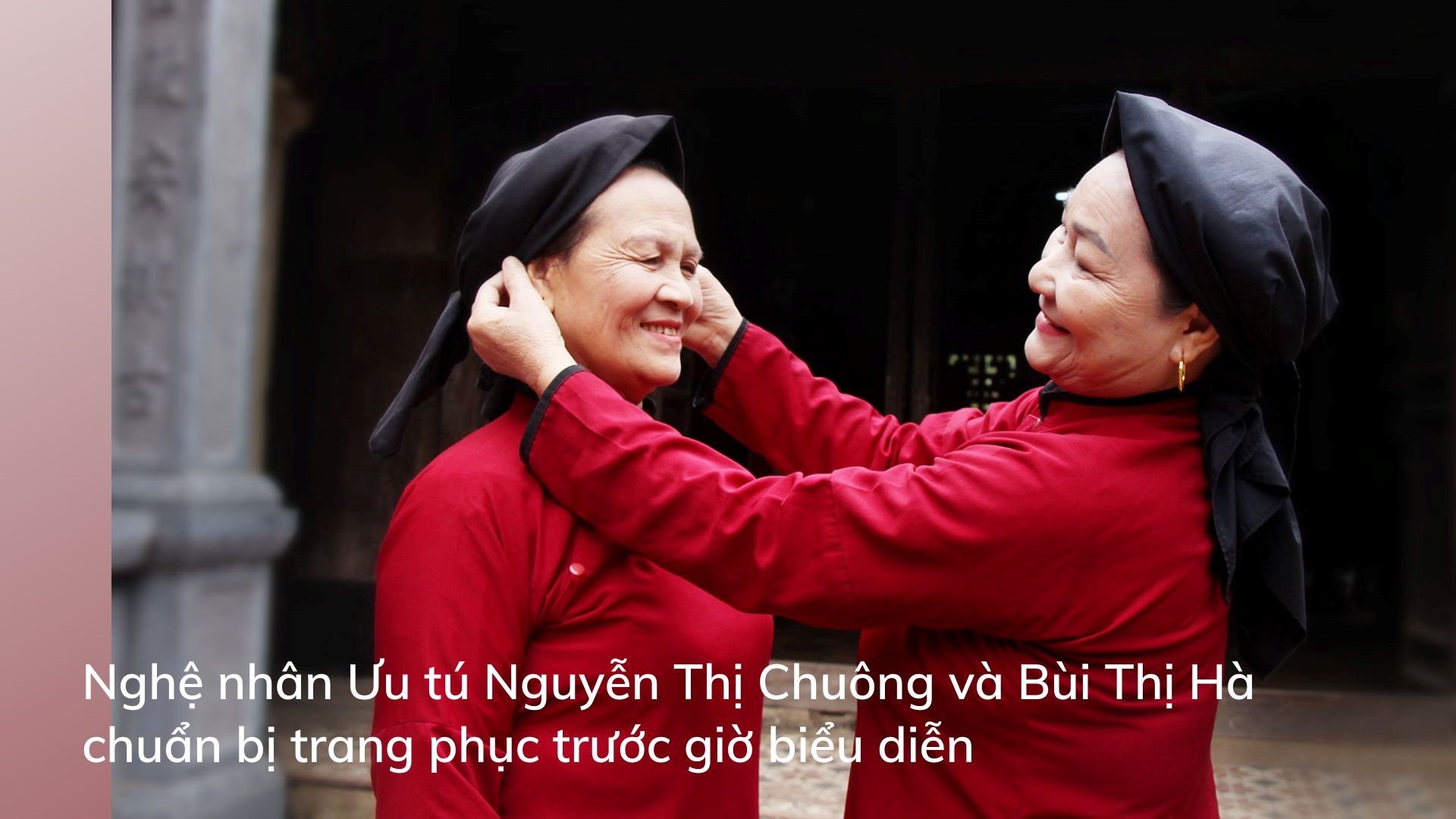
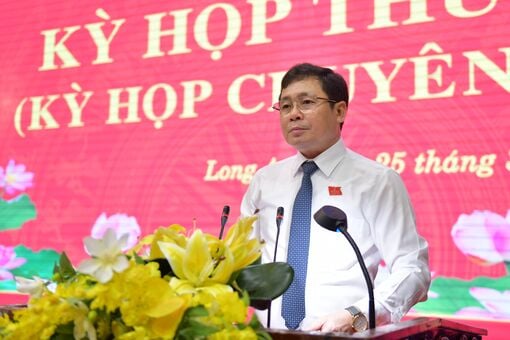
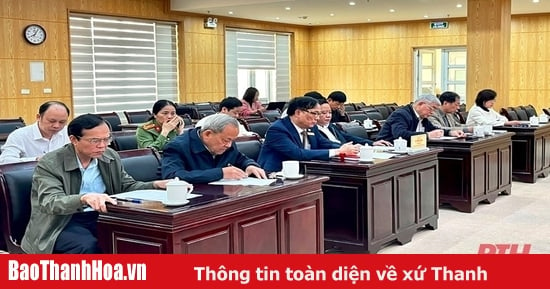
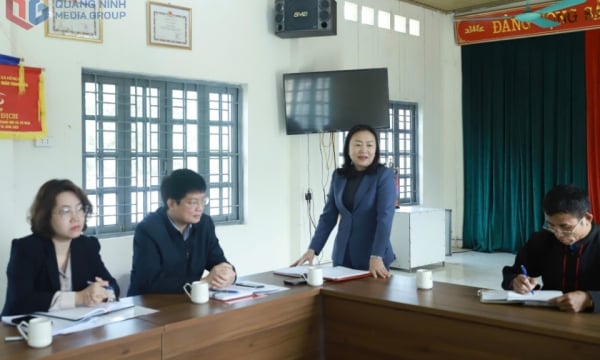
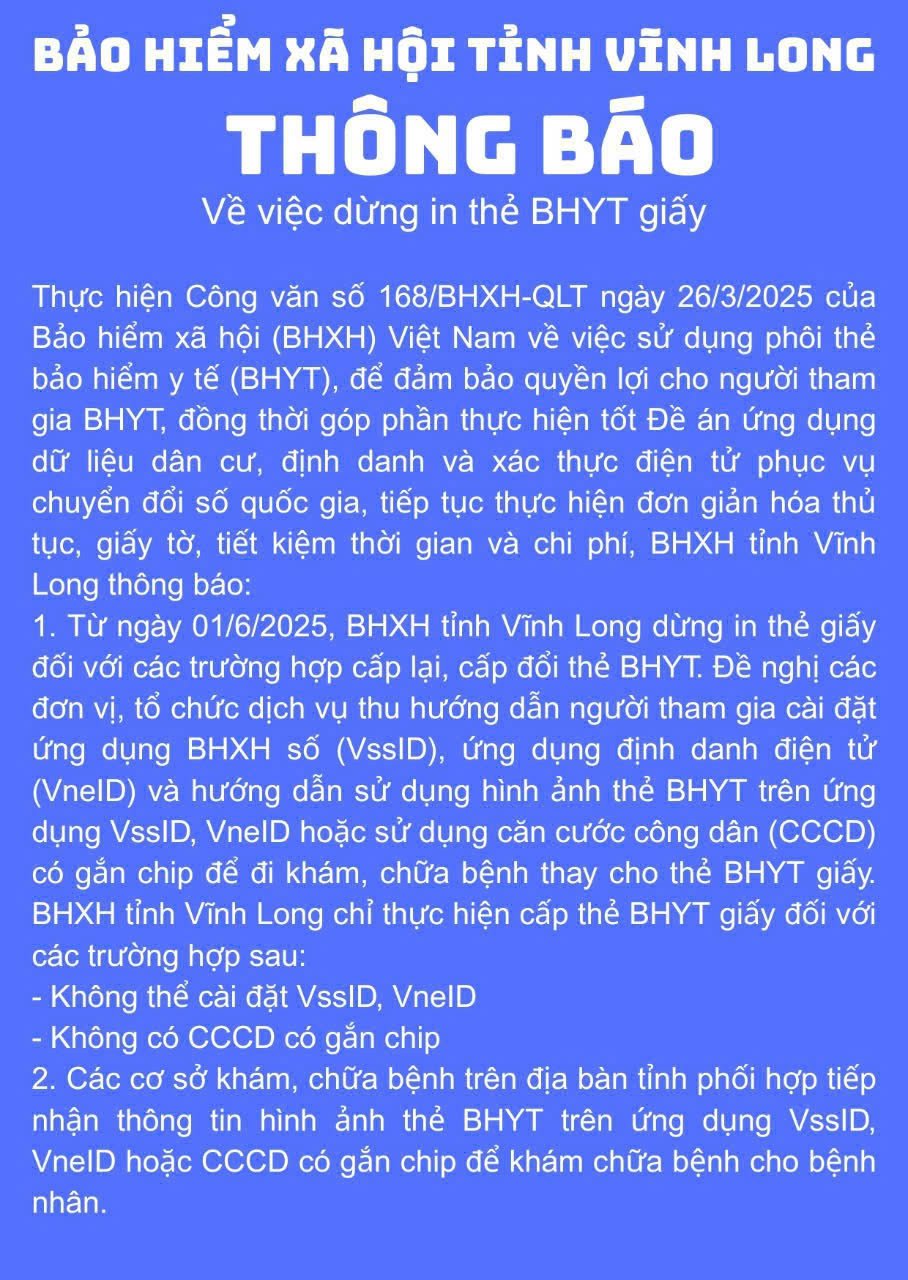




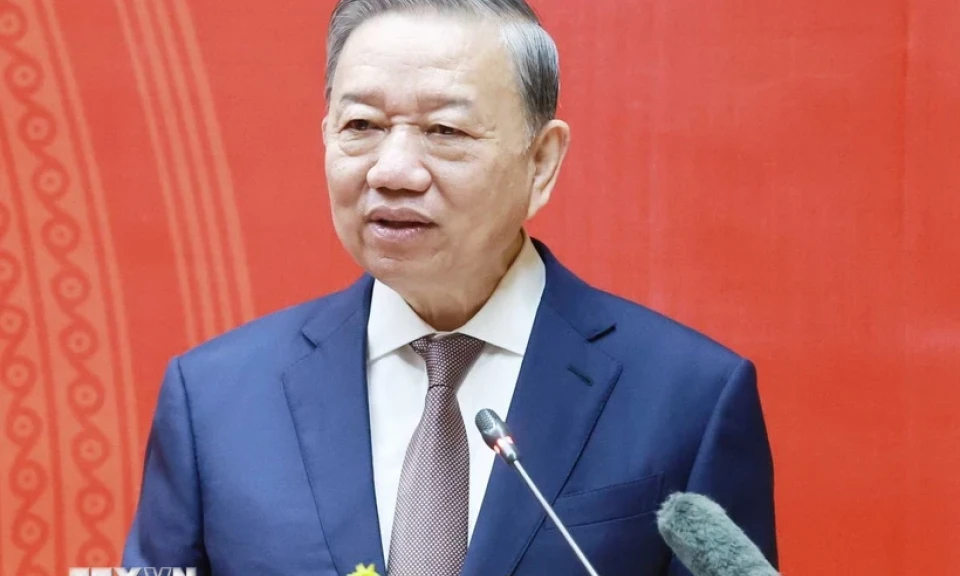

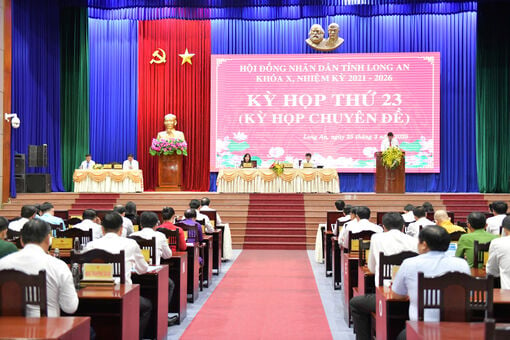
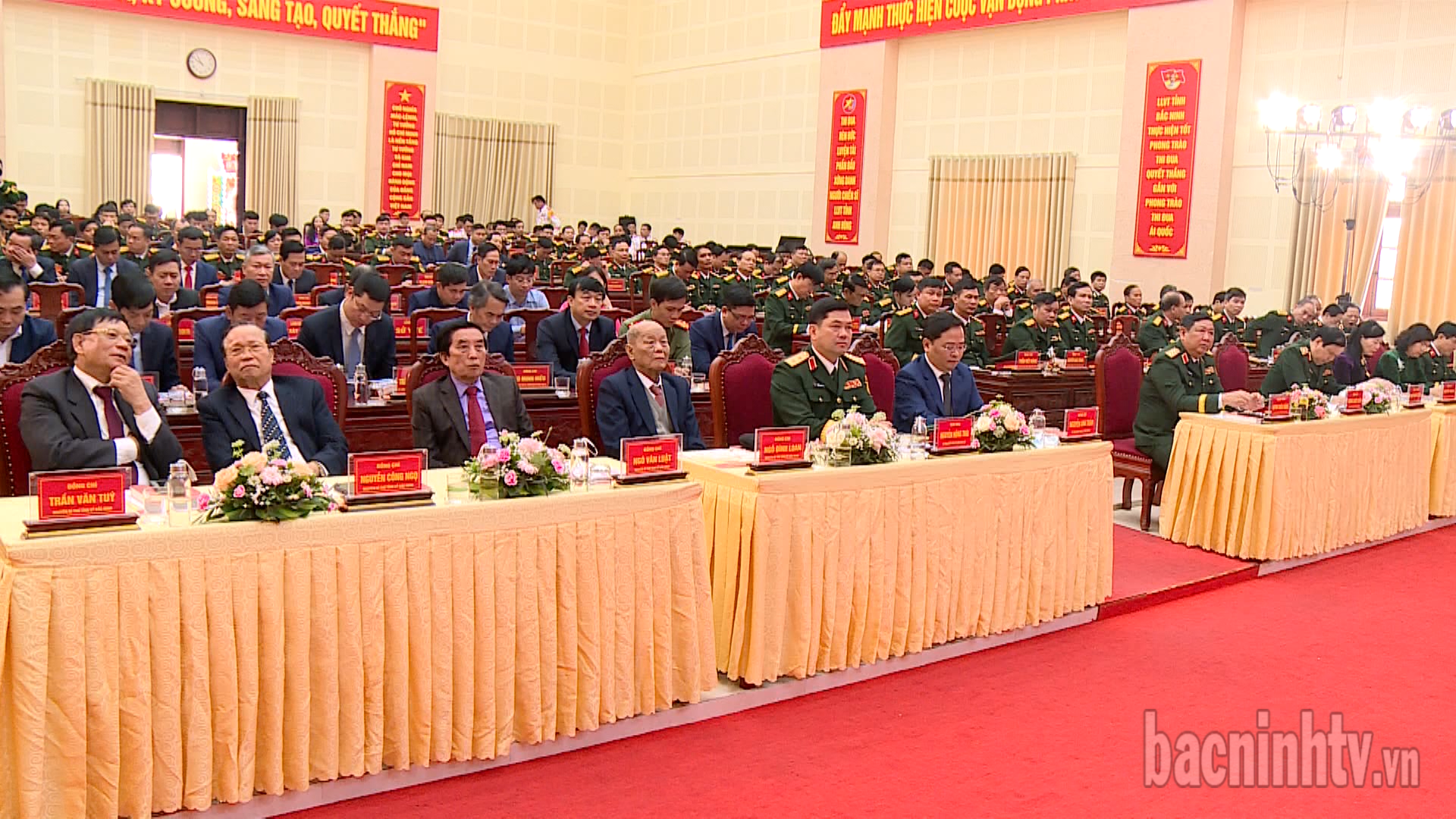
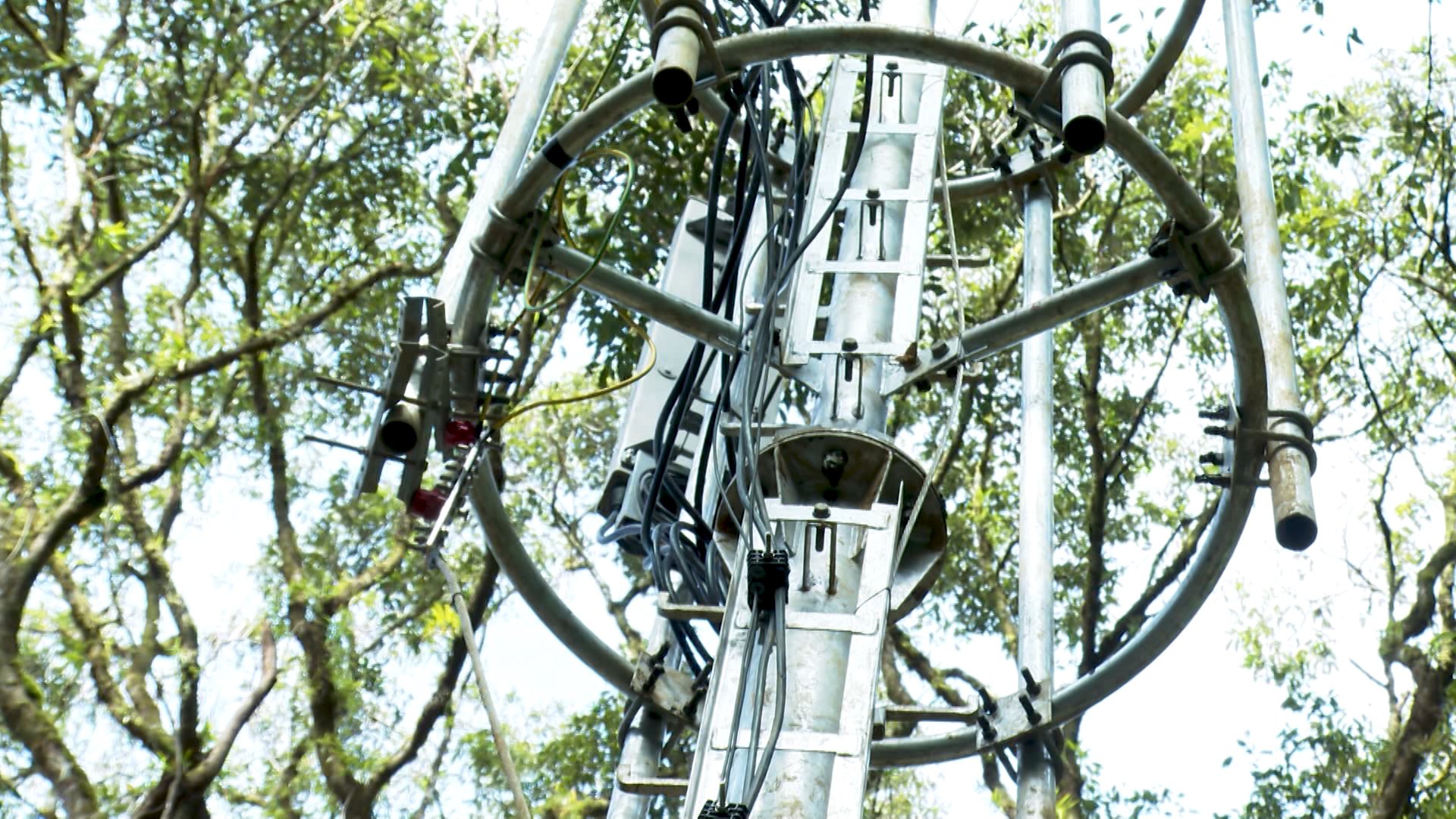
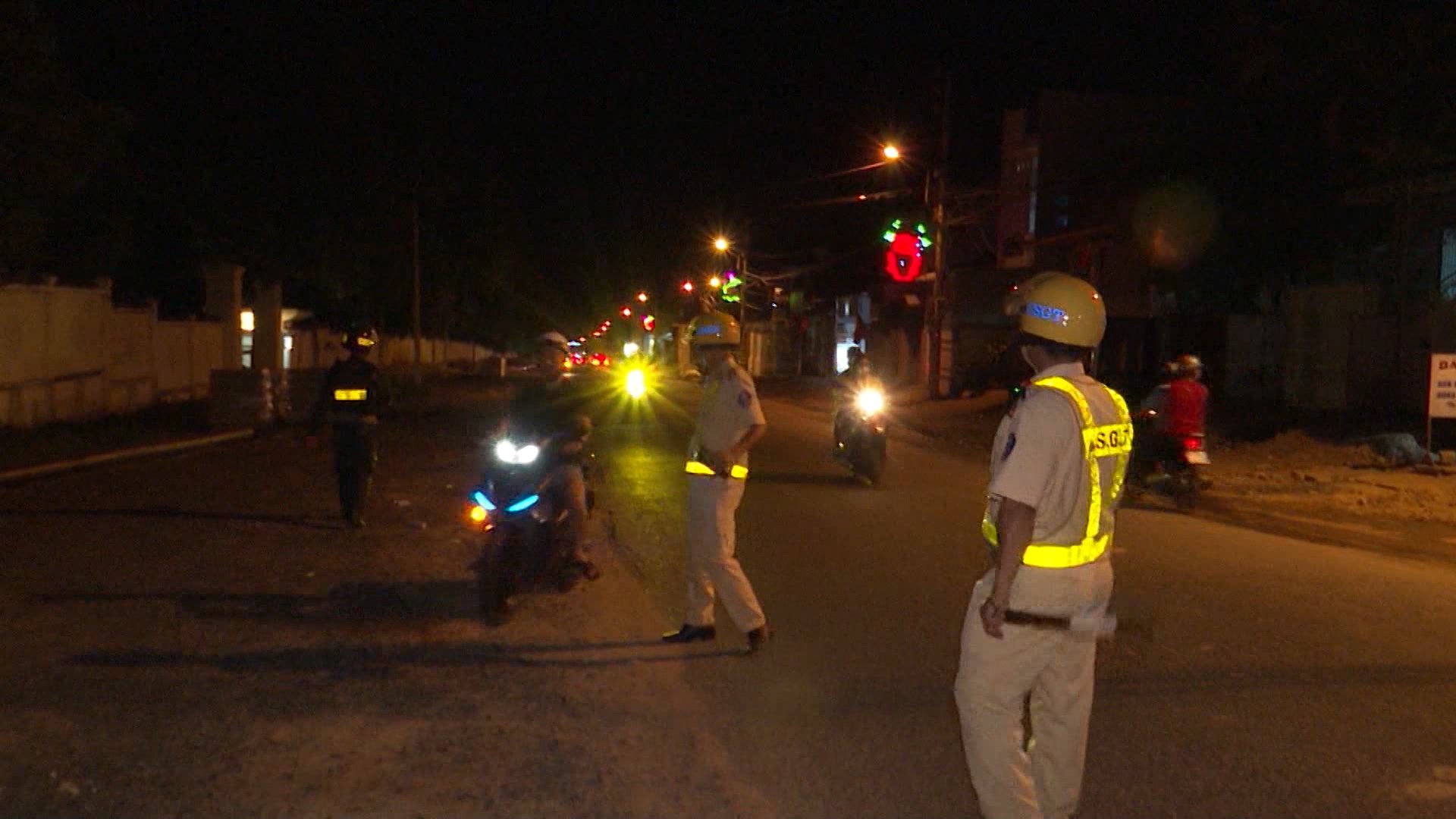











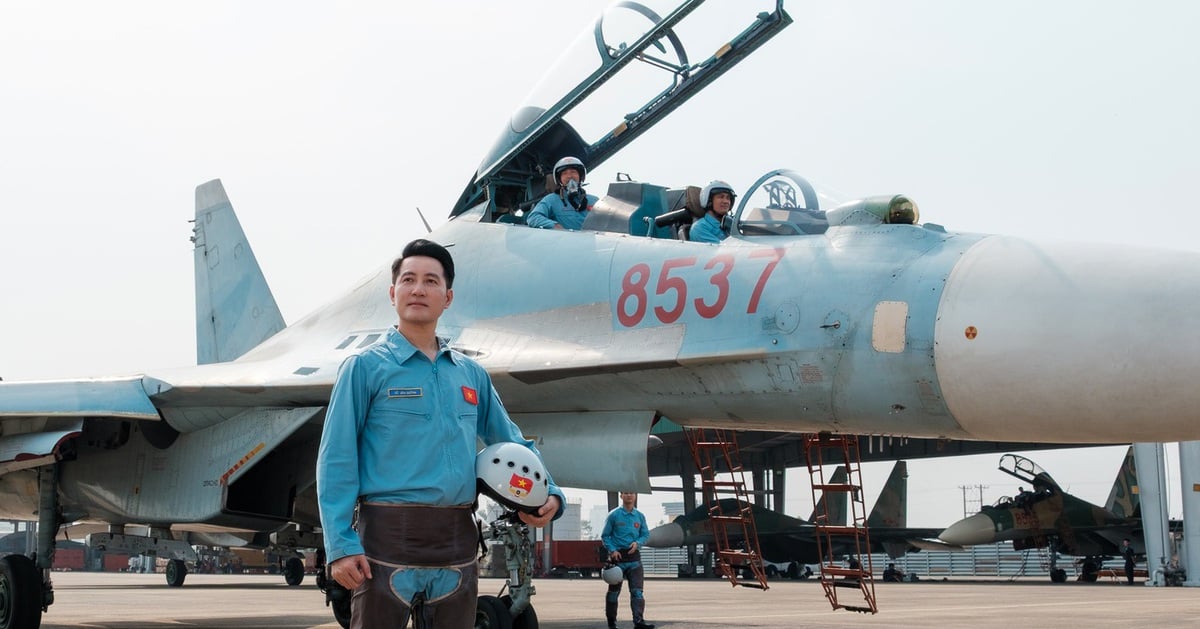















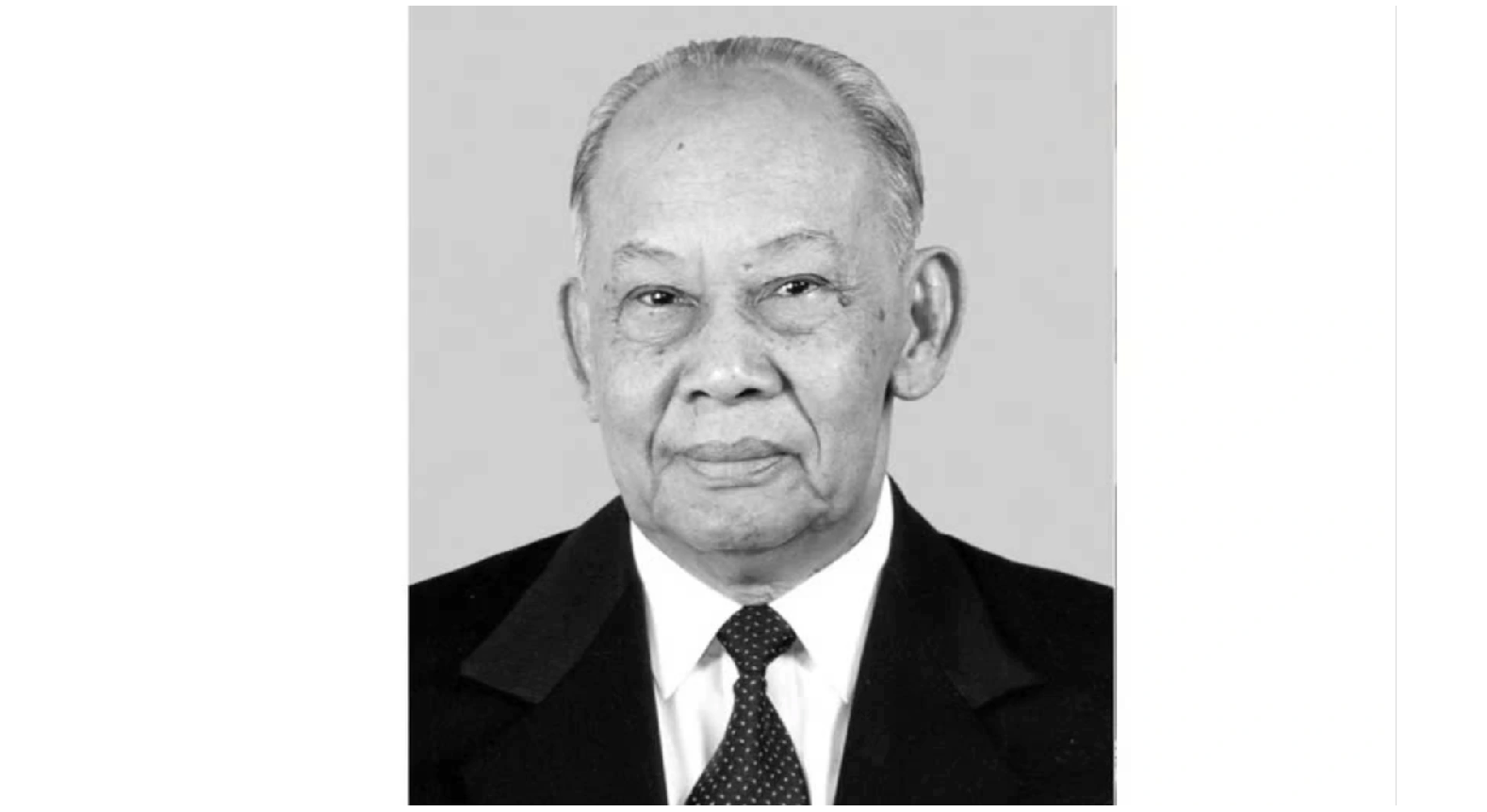
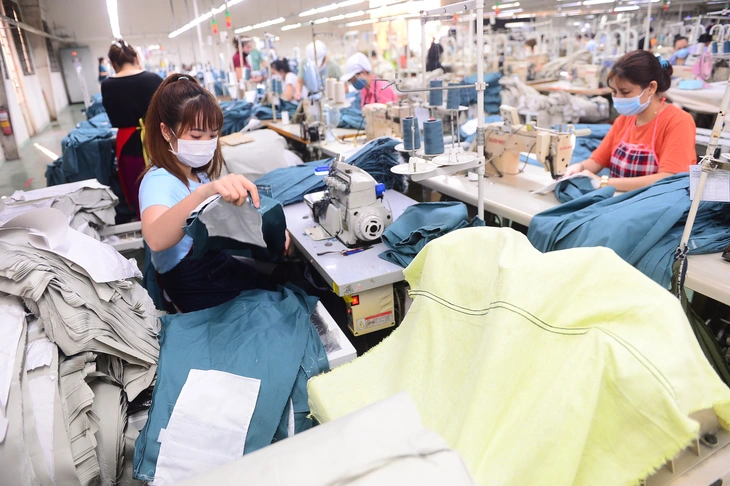






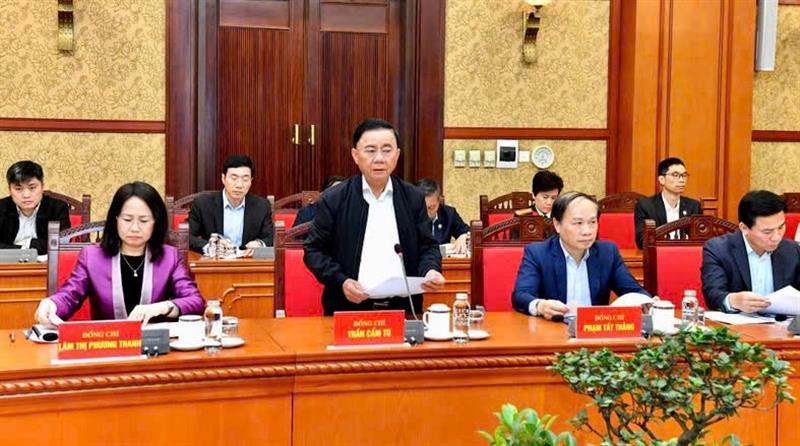


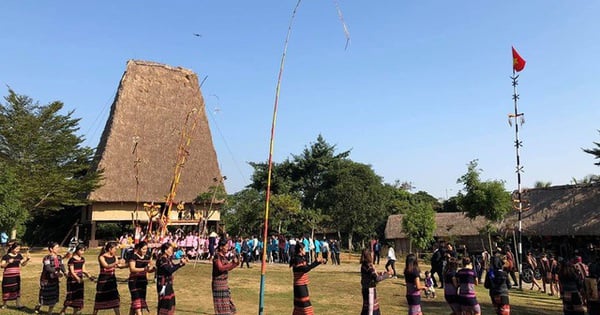
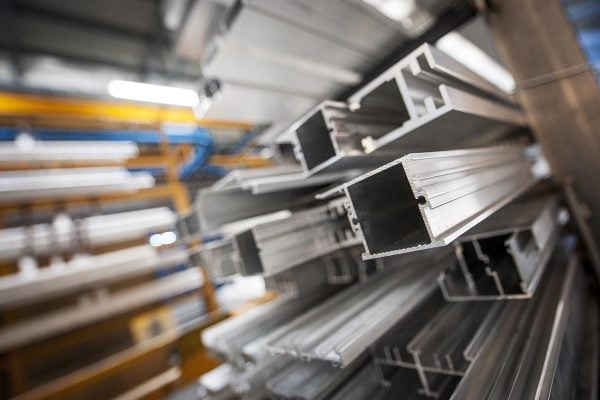
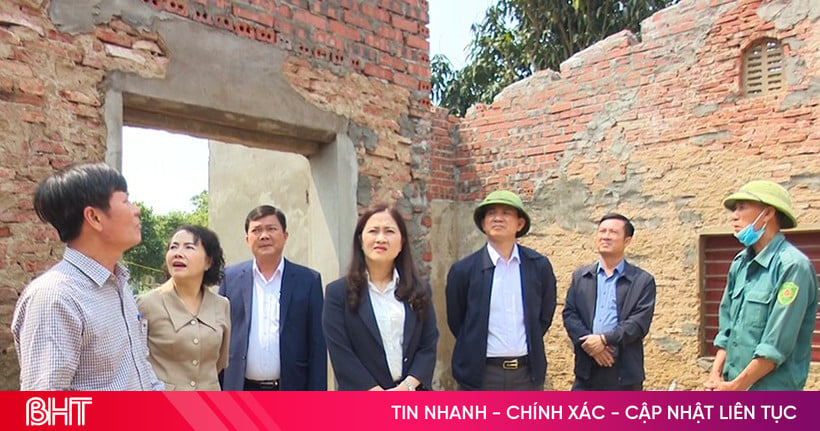

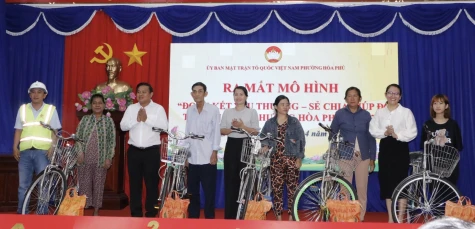













Comment (0)